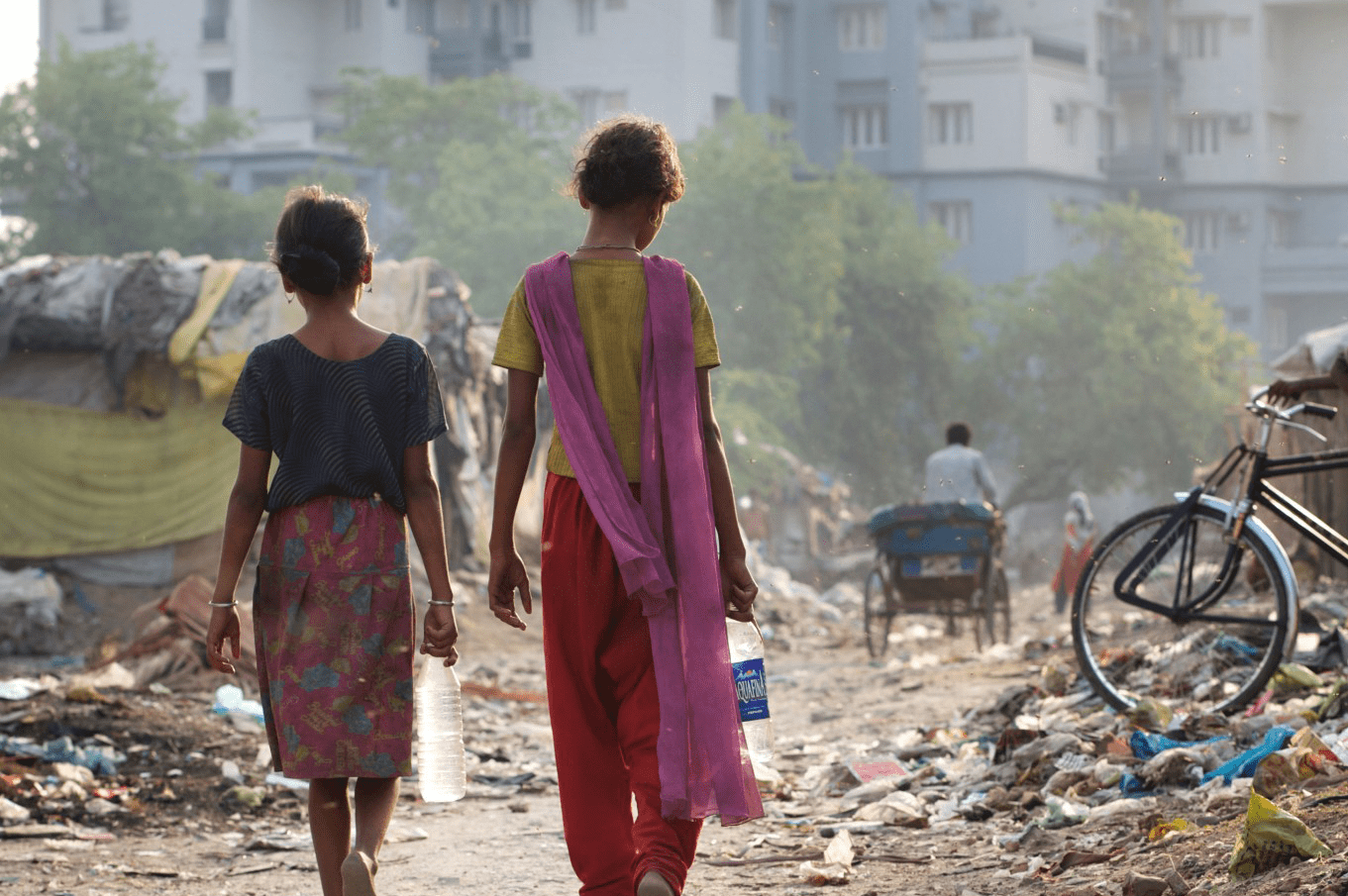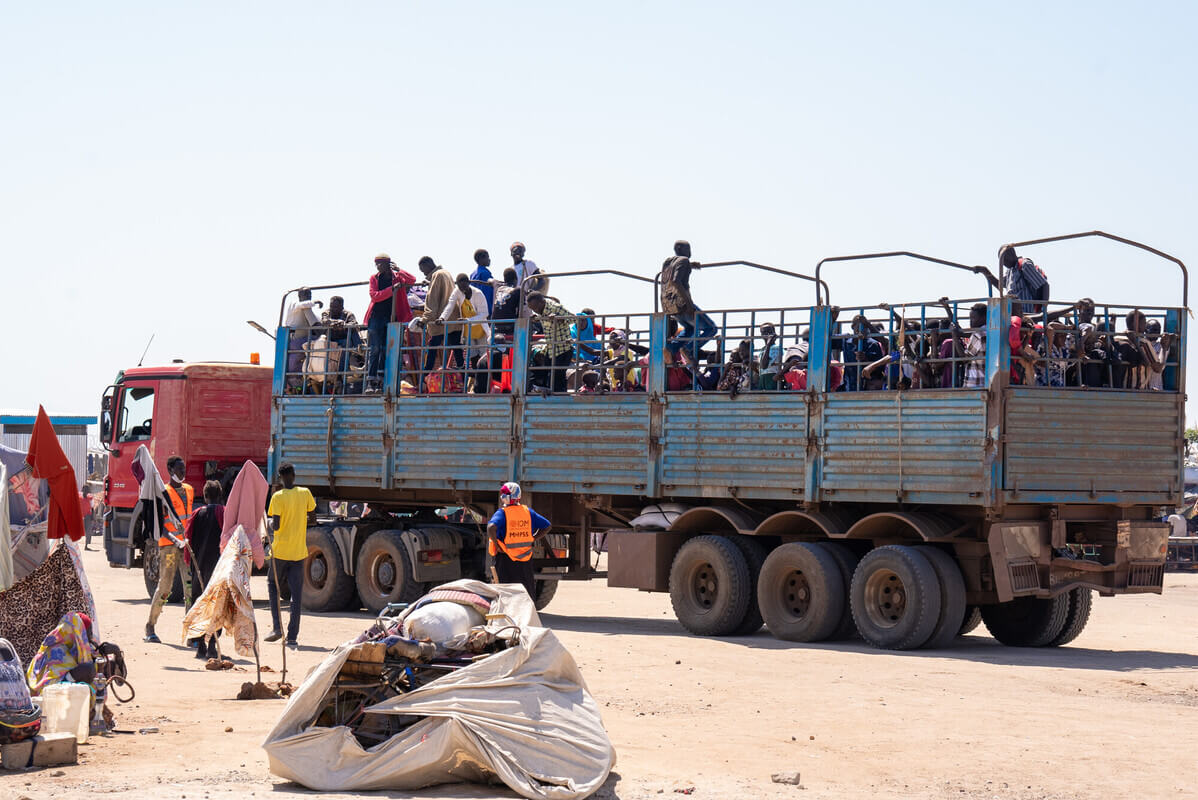A new report from Oxfam sheds light on rapidly growing extreme inequality and how it worsens poverty around the world, as Prime Minister Tony Abbott prepares to spruik Australia’s G20 agenda at the World Economic Forum in Davos this week.
The report, Working for the Few, shows that the wealth of the world is divided in two: almost half going to the richest one per cent; the other half to the remaining 99 per cent.
The report outlines that extreme economic inequality is rapidly increasing in the majority of countries.
We’ve created a world where the 85 richest people own the wealth of half of the world’s population. It’s staggering that in the 21st Century, half of the world’s population owns no more than a tiny elite whose numbers could all sit comfortably in a single train carriage.
Widening inequality is helping the richest undermine democratic processes and drive policies that promoted their interests at the expense of everyone else.
In developed and developing countries alike, the lowest tax rates, the best health and education and the opportunity to influence are being given to the rich and their children. The impact of extreme inequality is most keenly felt in developing countries where missing out means remaining trapped in the cycle of extreme poverty. But such deep inequality is not inevitable, and it can and must be reversed quickly.
Working for the Few shows that globally, the richest individuals and companies hide trillions of dollars away from the tax office in a web of tax havens around the world. It’s estimated that $21 trillion is held unrecorded and off shore.
Oxfam is urging Australia and other governments to crack down on tax havens and halt tax avoidance and evasion. Tax avoidance through the use of tax havens leads to developing countries missing out on important revenues to combat poverty and drive economic growth.
This network of secrecy and low tax rates facilitates the illicit flows of large amounts of capital from the poorest countries. It is estimated that between 2008 and 2010, sub-Saharan Africa lost on average $72 bn dollars this way each year, or more than twice what it received in aid.
As a mining giant, Australia should also follow Canada, the US and the European Parliament in introducing rules that require Australian, mining and energy companies to disclose the payments they make to governments in the countries in which they operate. This would help stamp out corruption and help people in poor countries get a fair share of their natural resource wealth, which they can use to fund essential services like health and education.
Tony Abbott is in prime position to help reduce extreme inequality and poverty globally as Australia prepares to host the leaders of G20 nations this year.
Donate to our work to tackle the causes of inequality that cause poverty.



